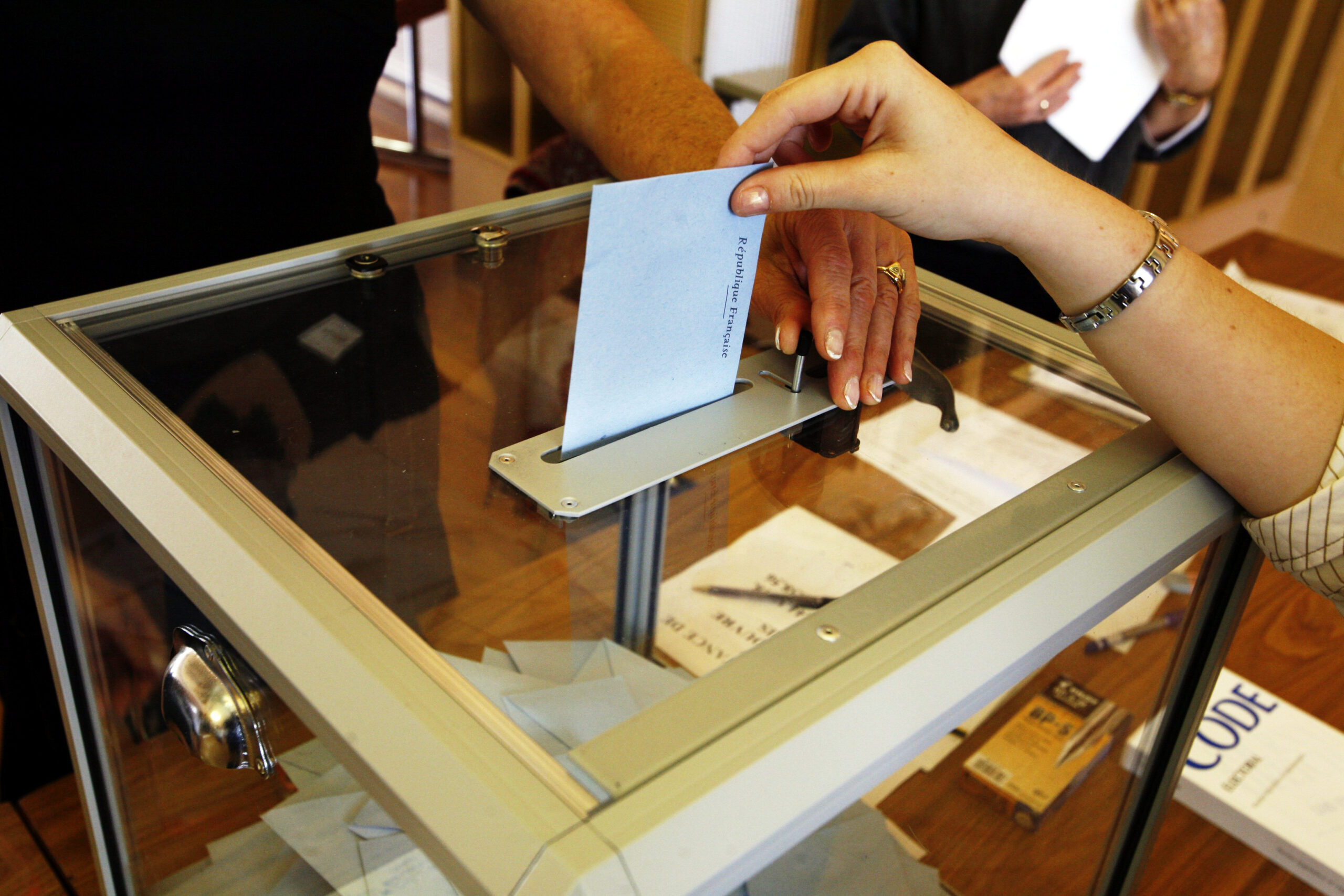- As we are all aware, democracy is a form of government in which the people have the authority to choose their governing legislators. Who people are and how authority is shared among them are core issues for democratic theory, development, and constitution. In simple terms, any democratic model of government is by the people, for the people, and of the people denoting the primary importance according to the voice of citizens as it is them who reserve the authority to choose to be governed. Of course, this irrevocable premise of the democratic model of government cannot be questioned nor altered on whims and fancies alone.

PC:
- There is any number of instances witnessed in the annals of history over the decades, obligingly categorized as the modern-day world, where alterations to this form of governance have resulted in a democratic set up giving way for other forms notably authoritarian, dictatorial, and despotic regimes. It is well documented that such forms of governments invariably throttle freedom of expression, differing voices, dissenting proclamations, and of course, recourse to brutal state power subverting the independence of all those very people who chose leaders to govern them.
- The beauty of democratic governance is it can never be orderly nor linear as one wishes but will remain chaotic at best inviting differing viewpoints from all corners as the Constitution mandates certain fundamental rights that can never be tampered with or suppressed. Indeed, there were attempts at trampling democracy by curtailing mandated freedoms earlier as history shows. A case in point is the imposition of the draconian Emergency during the mid-1980s which to this day is berated as a despicable aberration that should never have been resorted to in the first place.

PC: PTI
- It continues to evoke strong repugnance for the undemocratic Emergency even now much against the wishes of the people and the true tenet of the Constitution is obvious. Of course, the incident eventually paved the way for further strengthening of the democratic structure in the country speak volumes about how vehemently people cherish freedom. Unfortunately, certain elements in a few states tend to ignore freedom of expression by embracing curtailment alone as the single point agenda. Modus operandi is simple i.e. hell-bent in restricting dissenting voices through sheer state machinery involving police and the ilk.
- The democratically elected governments should not for a moment fail to realize the dissenting voices and critical viewpoints are imperative necessities to keep them on the toes but also act as a checkpoint if diverted from the stated objectives as enunciated in the Constitution. The brute majority does not offer immunity from being subjected to valid questioning as any opposition voices would wish to raise. Accommodating those voices only strengthens the process rather than viewing every criticism forthcoming in silos defeating the very purpose of democracy. Allowing differing voices for it only adds to the vibrancy of the governance.






